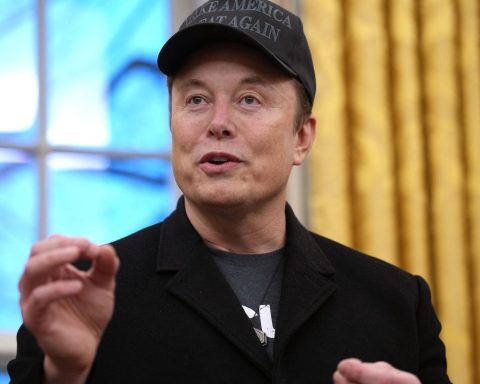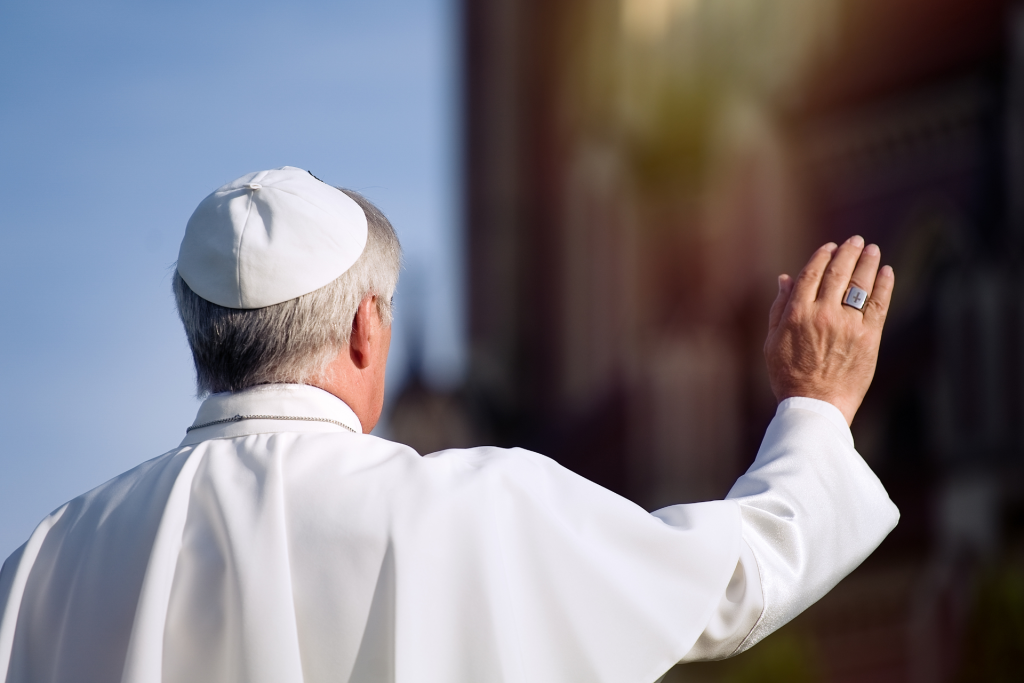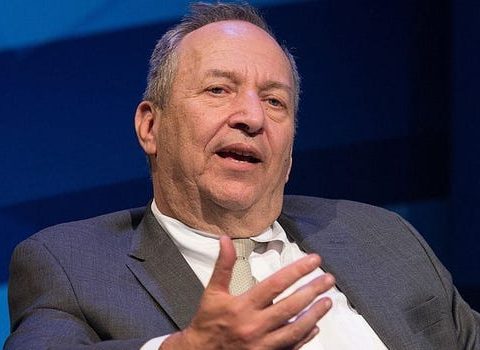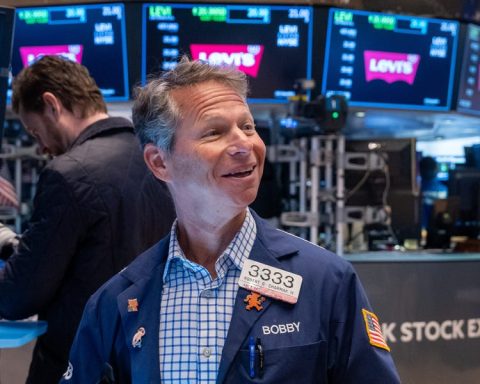Germany’s Election Results: CDU Victory and AfD’s Historic Gains
On Sunday, the center-right Christian Democratic Union (CDU) emerged victorious in Germany’s parliamentary elections, backed by exit polls indicating the party received the largest vote share. The far-right Alternative for Germany (AfD) is also projected to achieve a historic number of votes, gaining significant traction due in part to high-profile endorsements, including one from billionaire Elon Musk.
– Voters in Germany filled the Bundestag, the country’s parliament, but did not directly select the next chancellor, who is determined via party representation.
– Early exit polls forecast that the CDU, led by Friedrich Merz, is set to capture roughly 30% of the votes, while the AfD is expected to secure about 20%. This could position Merz to lead as the next chancellor.
– Merz claimed victory shortly after polls closed, expressing his awareness of the responsibilities ahead for the CDU.
– The AfD is anticipated to receive the second-highest vote share, a remarkable rise attributed to its appeal among young voters and support from figures like Musk. This election could mark the AfD’s strongest performance since World War II, as described by its leader, Alice Weidel.
– The incumbent Social Democratic Party (SDP), led by Olaf Scholz, is projected to finish third with approximately 16.5% of the votes. Scholz conceded defeat following the exit poll results.
Significance of Germany’s Elections:
Germany’s elections hold considerable importance within the European context as it is the largest country in the EU by population and holds the highest GDP.
As results come in, it will clarify how they match with exit polls. The process of determining the chancellorship may take weeks or even months, with coalition negotiations being crucial since no single party is likely to secure a majority.
Understanding German Elections:
Voters chose their representatives in parliament, determining the distribution of power among various parties. Due to Germany’s multi-party system, coalition formations are essential to achieve legislative majority. The German president nominates the chancellor after coalition discussions conclude, which requires a vote by parliament.
Profile of Friedrich Merz:
Friedrich Merz, a conservative and former corporate leader, is considered a more right-leaning figure compared to Angela Merkel. His political comeback follows years away from politics, and he has faced criticism for collaborating with AfD to pass an anti-immigration resolution. Although he has promised not to form coalitions with the AfD, the party’s rise complicates his leadership plans.
AfD’s Ideology and Appeal:
The AfD, while distancing itself from far-right labels, has broadened its platform since its inception as an anti-EU party in 2013. It is known for its strict immigration policies, attracting younger voters, especially through social media platforms like TikTok. The surge in support has, however, been linked to rising anti-immigrant sentiments in Germany, fueled by recent violent incidents involving immigrants.
The Future of AfD in Governance:
Despite its expected strong performance, major parties, including the CDU, have pledged not to collaborate with the AfD in government, emphasizing a unified stance against extremism. AfD co-chair Tino Chrupalla has urged other parties to respect the electorate’s confident choice and consider working with them in the context of the Bundestag.
Influence of External Figures:
Elon Musk has been vocal in his support for the AfD, engaging directly with its leaders and even hosting a rally. His influence, along with comments from former U.S. President Donald Trump, has raised eyebrows, particularly among those wary of the AfD’s platform.
Concerns Raised:
The significant voter support for the AfD alarmed leaders in the German Jewish community, highlighting fears of the normalization of extreme right ideologies in mainstream politics.
Background:
This election was called earlier than expected after Scholz’s coalition government collapsed due to internal strife, leading to an unplanned rapid transition to new elections. The outcome reflects a wider trend of far-right populism gaining influence across Europe.









